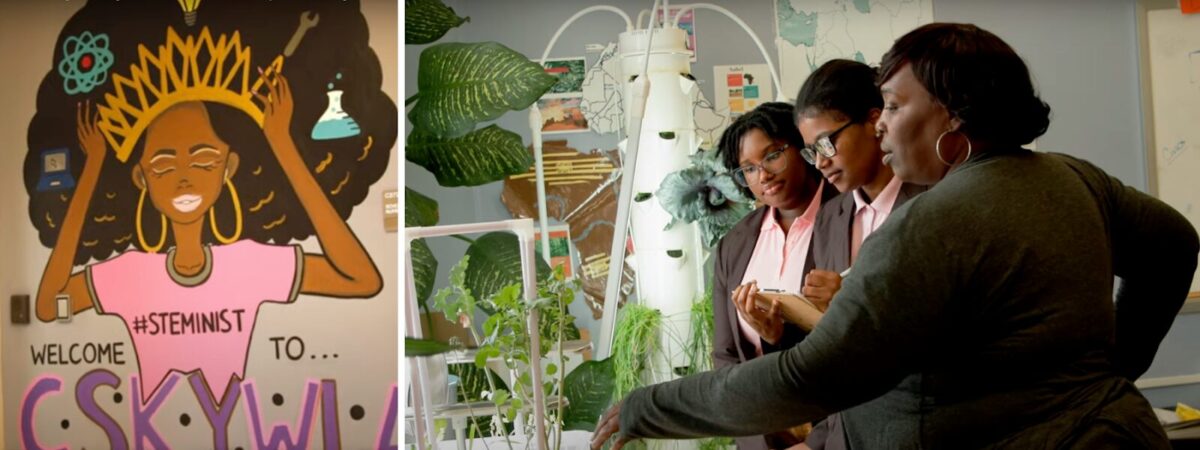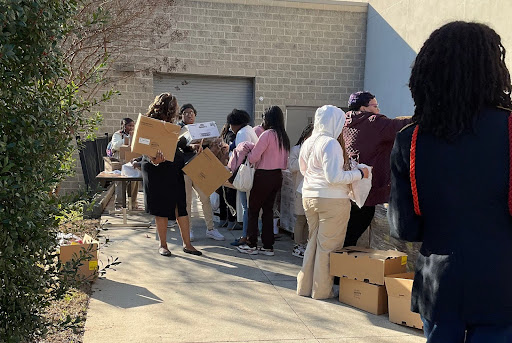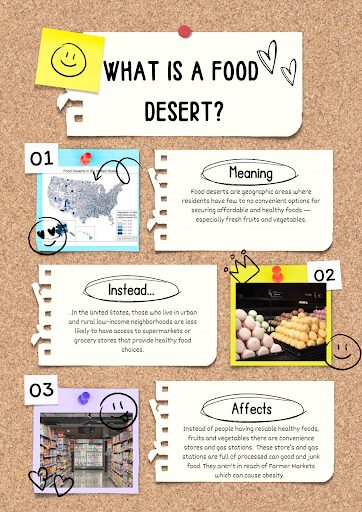

Students and community members connect to organize a free and fresh grocery hub at the school.

Student-produced Public Service Announcement (PSA) teaching about food deserts.
Challenge Based Learning is at the heart of this project, empowering students to research, plan, and execute their ideas. With the support of the Ciena Solutions Challenge, this news channel is poised to become a powerful platform for student voices.
At CSKYWLA, we’ve seen firsthand how Challenge Based Learning can transform students into leaders, problem-solvers, and change-makers. It’s a journey we’re proud to be on and one we hope to inspire others to take as well.